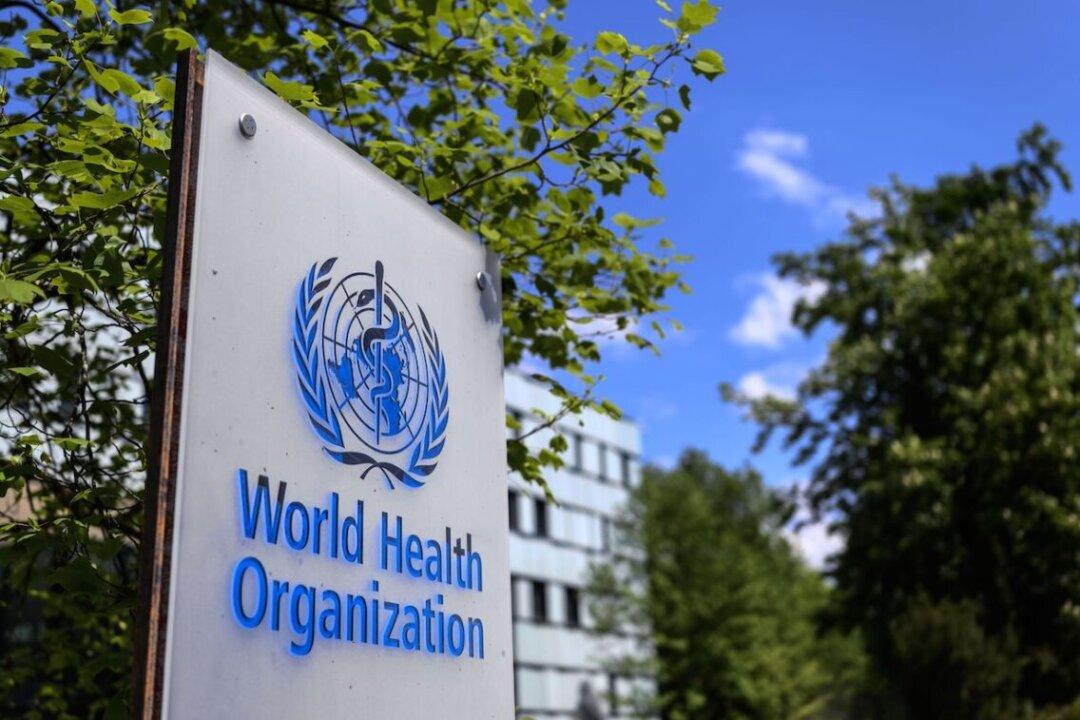The World Health Organization (WHO) has recommended two new drugs to treat COVID-19—baricitinib and sotrovimab.
Baricitinib, an oral drug, is “strongly recommended” for people with severe or critical COVID-19, to be given with cortico steroids, the WHO announced.




